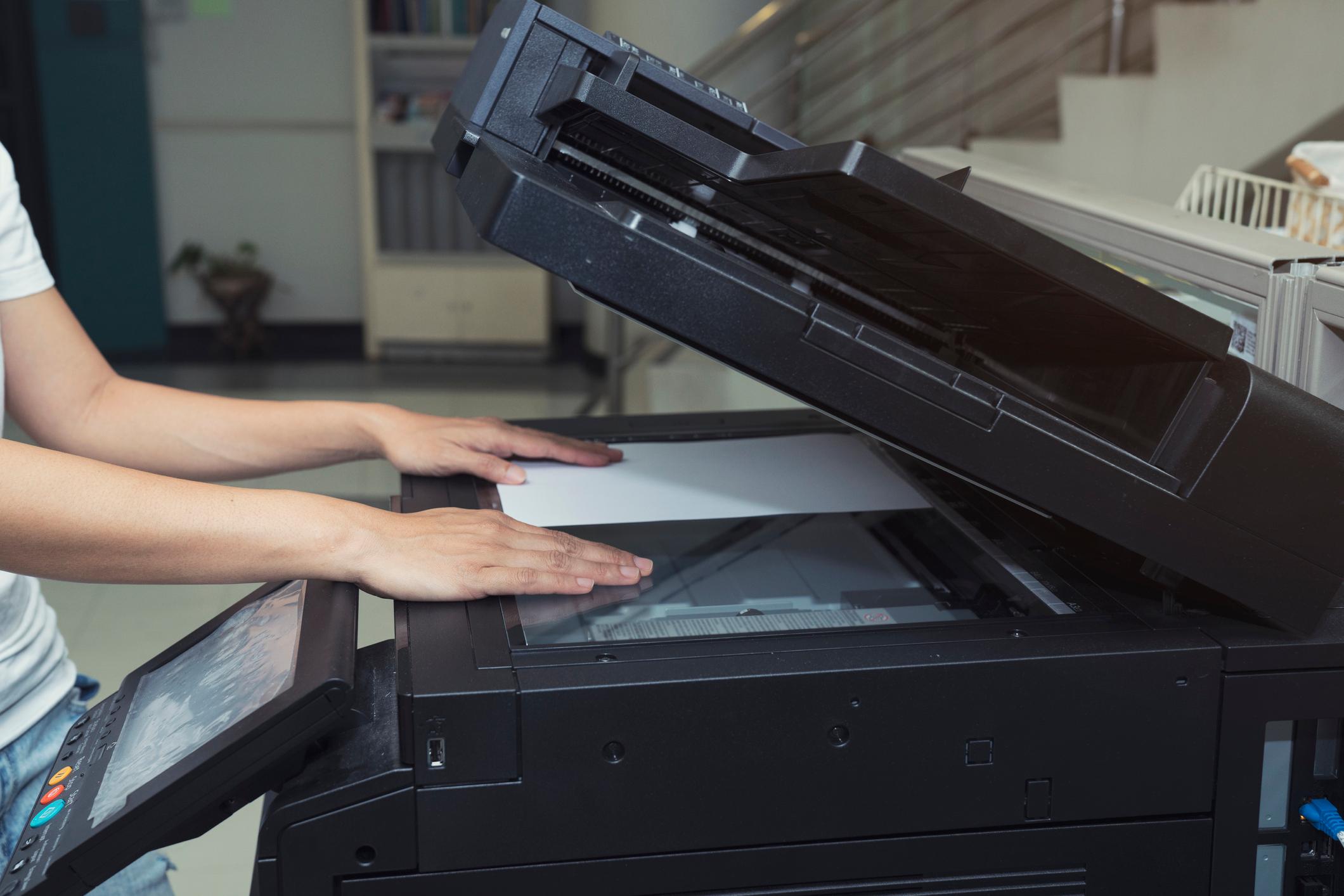All Content
Latest: Advice, Tips and Resources

Obtaining a copyright is a straightforward process online. Learn how to apply for a copyright online and the benefits of protecting intellectual property.

Find out what to include in a cash flow statement, as well as its limitations and how cash flow is calculated.

Studies show that skilled and experienced employees with poor attitudes are more likely to fail. Here’s why hiring for attitude matters.

Learn which documents you should and shouldn't collect in employee personnel files.

E-commerce is a staple for most businesses, so it's important to have a digital marketing strategy that aligns with online selling.

There are several benefits of digitizing documents for small businesses. Learn what this process is and how to do it properly.

Consumers want convenience, which often means they want someone to do something for them on demand. Learn how to take advantage of the DIFM movement.

Selling a business is a big endeavor. Here is what you need to consider before putting your company on the market.

During a merger or acquisition, it is important to communicate properly with your employees. Here are tips to help ease the transition.

Digital marketing helps businesses reach a vast online audience, but traditional marketing can help consumers find your brand. Learn to combine the two.

Cloud PBX is an internet-based virtual PBX system that routes and manages calls. Learn how it compares to on-premises PBX and find cloud PBX providers.

Your company may benefit from an interactive voice response system, which routes callers to the right contacts. Here is what you need to know.

Cloud-based point-of-sale (POS) software has many advantages over traditional sales technology. Consider these benefits and top systems.
Improve your chances of growth and success by covering these bases in your financial plan.

Softphones help businesses deliver voice, text and video over the web via cloud-based VoIP service providers. Learn how to use softphones in your business.

Don't waste your time off. Plan to make the most of your vacation without leaving a disaster at work.

A business's paid time off (PTO) policy outlines employee time off regulations. Learn the three types of PTO policies and PTO policy best practices.

Bereavement leave typically grants three to five paid days off for immediate family deaths, with policies varying by employer and no federal law requiring it.

A successful business must present its brand in a well-planned strategy across social media, email and the company website. Here are seven tips to help.

Developing accurate customer personas is key to your company's success. Here are the components your personas should include and how to use them.
Check out these branding tips for business owners to connect with Generation Z and millennial consumers.

Email marketing is effective, but it has its share of obstacles. Find the solutions to email marketing's biggest issues.
A user experience, or UX, designer makes products accessible and usable. Learn how a UX designer can optimize your offerings and help your small business.
Marketing is especially important for small businesses that want to expand their reach. Learn how seven businesses found success with impactful campaigns.

Learn the benefits and laws associated with monitoring company-owned employee cell phones.

When creating software and apps, businesses should strive for a user experience that doesn't exploit others. Here's how to keep ethics a priority.

Whether you do it yourself or rely on accounting software, finance tracking is essential for small business owners.

Understand the pros and cons of flexible benefits so you can determine if they are right for your business.

Use these five tips to create a better podcast and stand out in this crowded market.